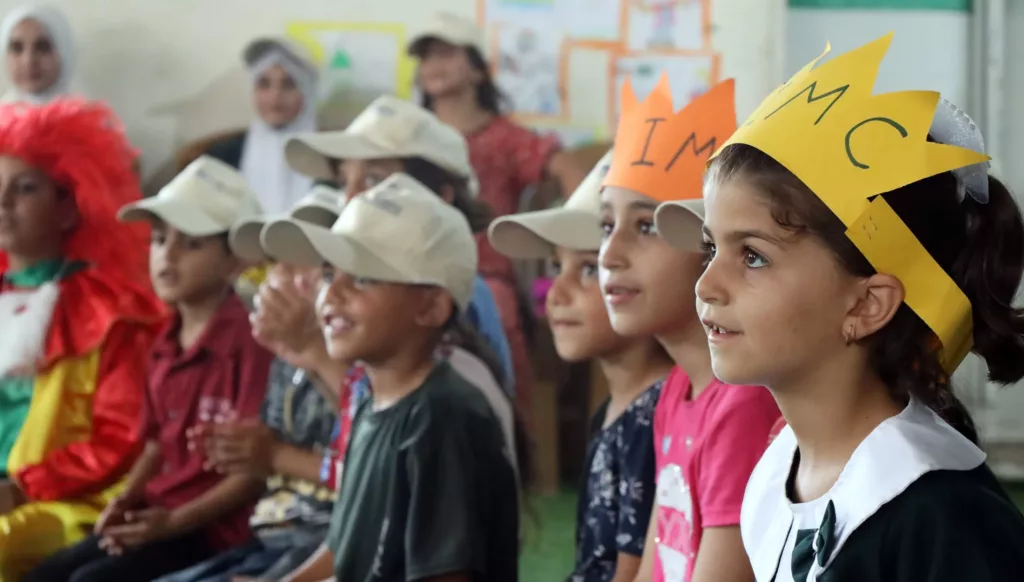REPORT
One-year Update: Gaza Crisis Response
In Gaza, where we have worked since 2008, International Medical Corps has deployed two field hospitals—the first in January 2024 and the second in July 2024. Our field hospitals provide comprehensive inpatient and outpatient services, surgical care for trauma, physical rehabilitation, comprehensive emergency obstetric and newborn care, MHPSS and more.
STORY
You’re Pregnant in Gaza. What Happens Next?
Displaced, frightened and cut off from healthcare services, pregnant women in Gaza need urgent assistance. Our field hospital team is saving their lives—and the lives of their babies.














